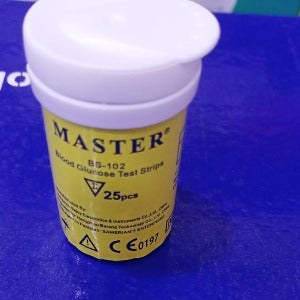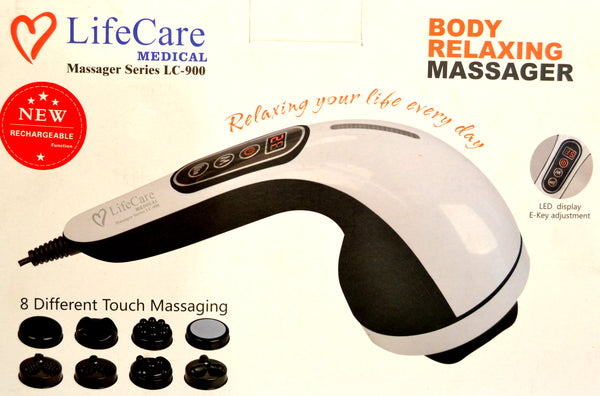It is used to treat anxiety, alcohol withdrawal, and seizures. It is also used to relieve muscle spasms and to provide sedation before medical procedures. This medication works by calming the brain and nerves.
Drowsiness, dizziness, tiredness, blurred vision, or unsteadiness may occur. If any of these effects last or get worse, tell your doctor or pharmacist promptly.
It is contraindicated in patients with myasthenia gravis, severe respiratory insufficiency, severe hepatic insufficiency, and sleep apnea syndrome.
Before taking diazepam, tell your doctor or pharmacist if you are allergic to it; or to oxazepamor temazepam; or if you have any other allergies. This product may contain inactive ingredients, which can cause allergic reactions or other problems. Talk to your pharmacist for more details.
Before using this medication, tell your doctor or pharmacist your medical history, especially of: a certain muscle disease (myasthenia gravis), lung/breathing problems (such as COPD, sleep apnea), mental/mood disorders (such as depression, thoughts of suicide, psychosis), personal or family history of a substance use disorder (such as overuse of or addiction to drugs/alcohol), glaucoma, liver disease, kidney disease.
Taking diazepam with opioid medications (such as codeine, hydrocodone) may increase your risk of very serious side effects, including death. To lower your risk, your doctor should have you take the smallest dose of diazepam that works, and take it for the shortest possible time. Get medical help right away if any of these very serious side effects occur: slow/shallow breathing, unusual lightheadedness, severe drowsiness/dizziness, difficulty waking up.
This drug passes into breast milk and may have undesirable effects on a nursing infant. Breast-feeding while using this medication is not recommended. Consult your doctor before breast-feeding.
This drug may pose risks to your pregnancy, therefore please do not take this medicine without consulting your doctor first.




